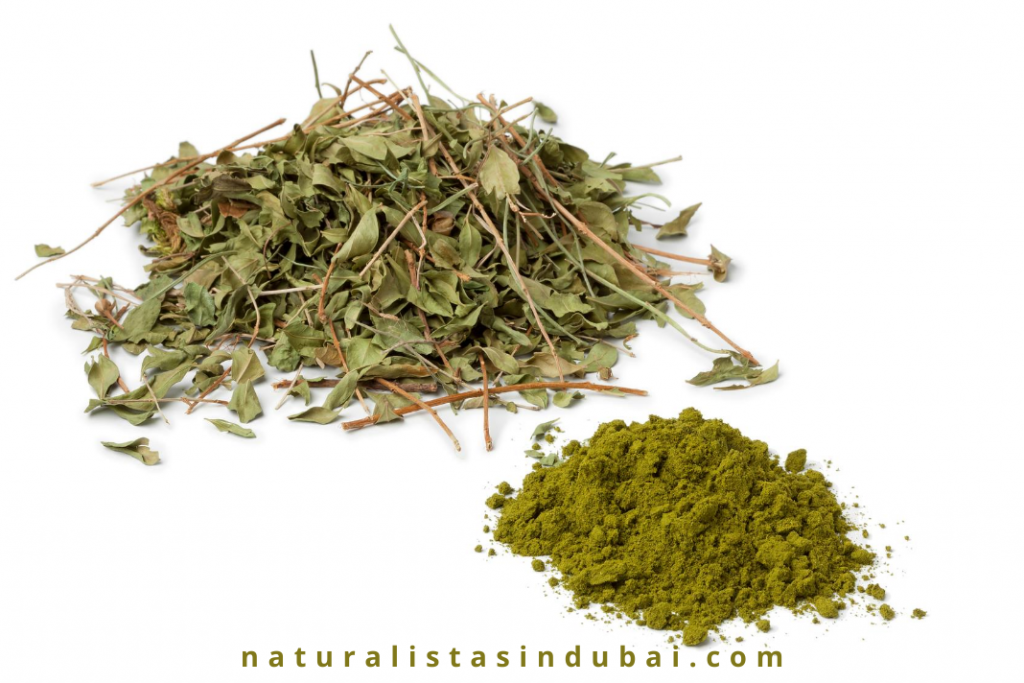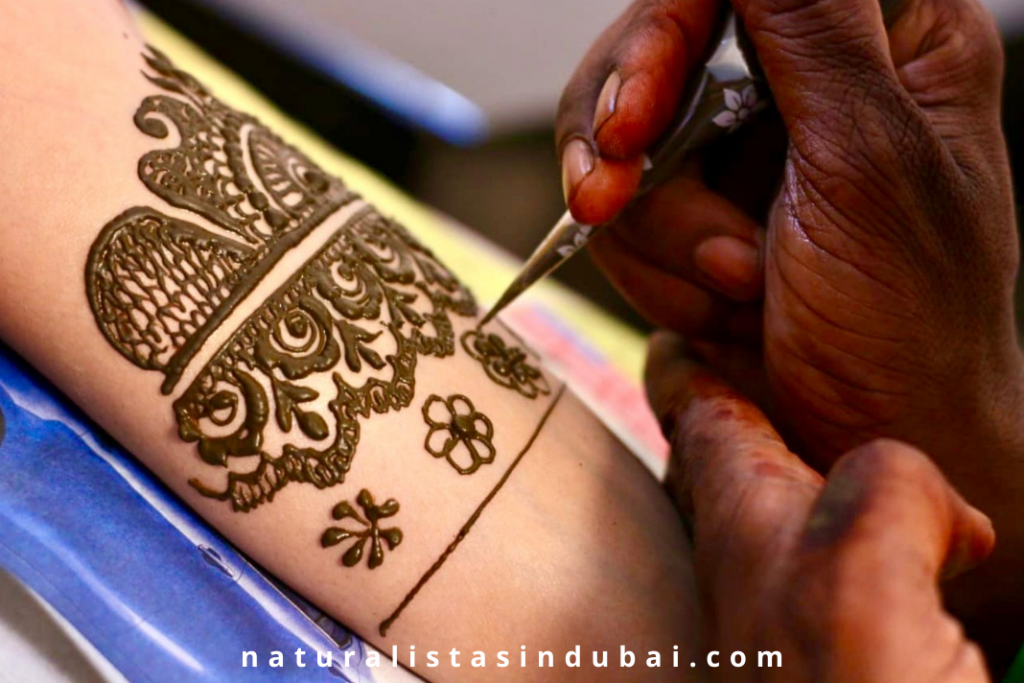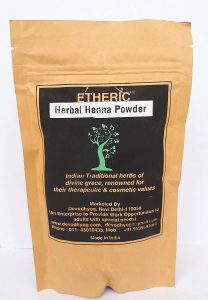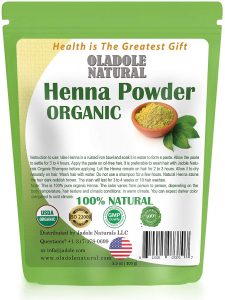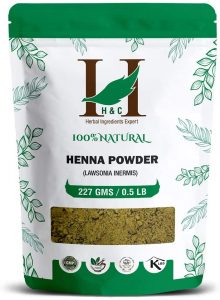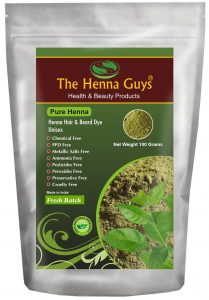In this article, I cover the different types of henna and which is the best type of henna to use on your hair for the best results.
I covered using henna to dye hair as well as henna and indigo for hair in the following articles:-
Be sure to join the mailing list below so you’re notified whenever new articles are added to the website.
Origin of Henna
Henna has been used for centuries to dye hair, skin, and fingernails. It is also used to dye fabrics.
Historically, henna was used in the Middle East, India, and parts of North and East Africa.
Henna is gentle and safe, doesn’t damage the hair, and strengthens hair structure and integrity over time.
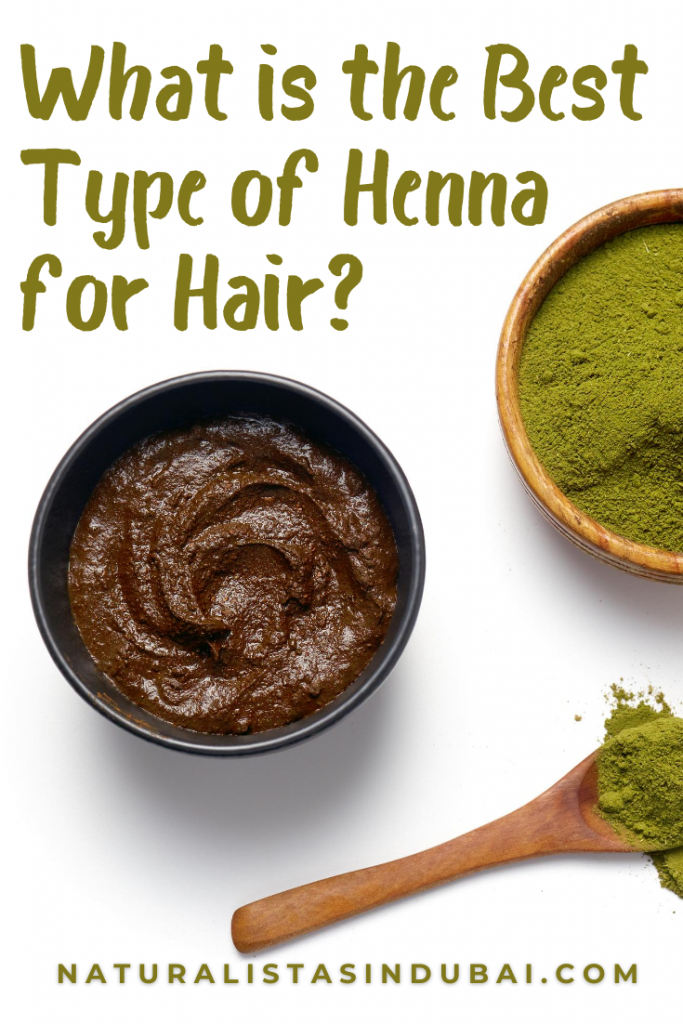
Where Does Henna Powder Come From?
Henna comes from a plant known as Lawsonia inermis from the genus Lawsonia. Most people refer to it as henna but it is also known as mehndi in India.
Whole henna leaves are handpicked and dried. After drying, they are ground into a powder and then sifted.
This process is necessary to enable the henna leaves to stain the hair and skin.
How Does Henna Work on Hair?
When the lawsone molecules in the henna powder are released, it will migrate from the paste and adhere to the protein on the hair thus creating a stain.
The stain then darkens over a few days as it settles on the hair and is absorbed deeper into the follicles.
Does Henna Work on Grey Hair?
The colour you end up with when you use henna depends on a few factors:-
- Original colour of hair
- Quality of henna
- Origin of henna
- Freshness of henna
- How long henna is left on the hair
- Ratio of mix with indigo or other natural powders
Henna can be mixed with other powders to different degrees to achieve varying colors from orange to deep brown.
If grey hair is dyed with henna only, the resulting color will be orange. For other shades, the henna has to be mixed with indigo.
For jet black hair, you have to henna first then apply indigo over the henna. I shared how to do this in Dyeing Hair with Henna and Indigo.
What is the Best Type of Henna?
There are different types of henna sold under the following names but are not true henna:-
Neutral Henna
This type of henna cannot stain hair and is not really henna powder. It is derived from a different plant and is usually referred to as Cassia obovata.
Cassia obovata powder is natural and can be used to enhance the benefits of henna powder but doesn’t do much on its own.
Black Henna
This is henna powder or indigo powder that has been mixed with a bunch of other things to enhance staying power.
This kind of henna can cause allergic reactions and may cause hair loss. Avoid this type of henna if you can.
The best kind of henna for hair is body art quality henna that is 100% derived from henna leaves and has not been mixed with anything or altered in any way.
With that in mind, below are the best types of henna for dyeing hair:-
Etheric Herbal Henna Powder
Oladole Naturals Organic Henna Powder
H & C 100% Natural Henna Powder
The Henna Guys Henna Powder
You can also find henna powder in the hair care products section of most supermarkets.
However, pay attention to the label and make sure it is 100% pure henna powder before you purchase.
Do not buy premixed henna. Always buy powdered henna so you can mix it how your hair likes and apply it fresh.
What Are the Side Effects of Henna?
Pure henna is a natural powder and is safe to use on hair but people can and do have reactions such as inflammation and itching.
In all cases, always conduct a patch test a few days before you apply henna to your hair to be on the safe side.
Got questions about using henna powder for hair? Ask in the comments section.
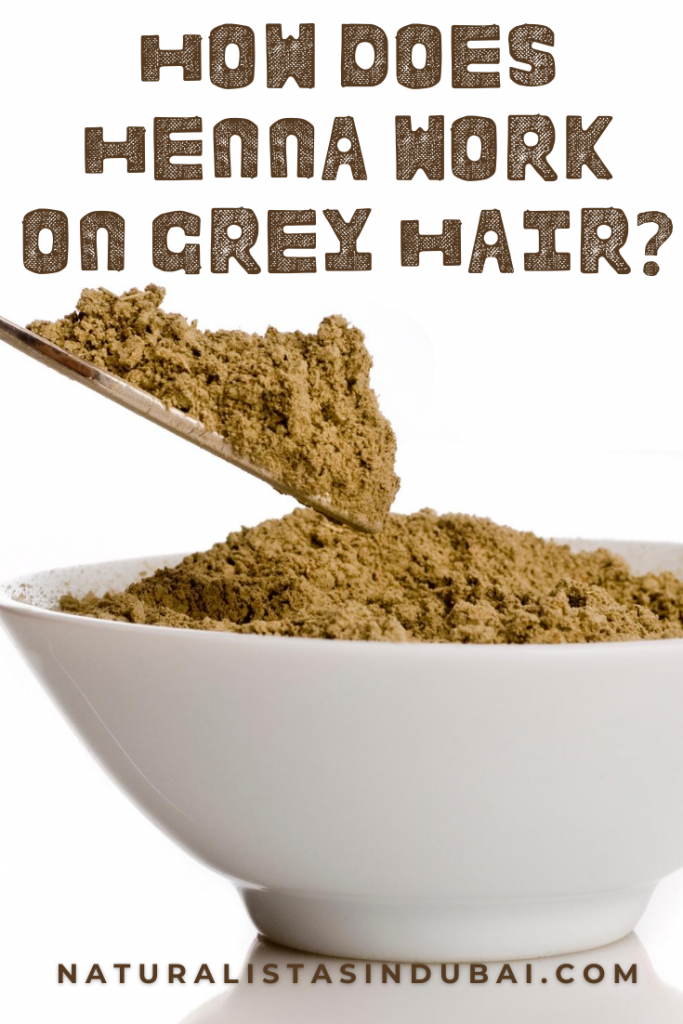
The Naturalista Lifestyle is a lifestyle website for women interested in hair, skin, health and fitness, self-care, savings, budgeting, and living their best lives. Learn more HERE.

